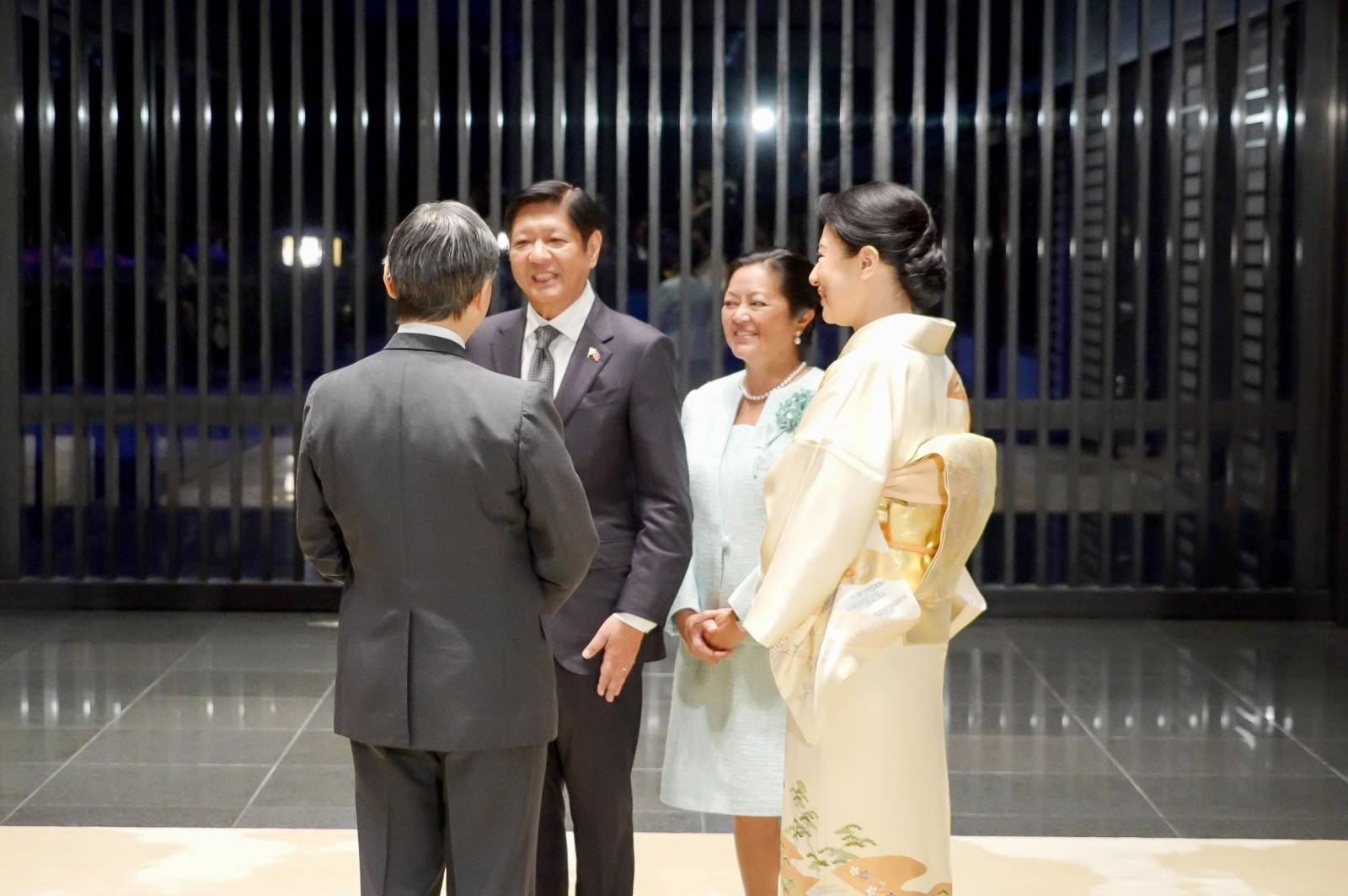MARITIME COOPERATION | Japan promises equipment transfer to boost Philippine maritime capabilities

Photo from Presidential Communications Office
By Manuel Mogato | Date 01-19-2024
MANILA — Japan has promised to transfer technology and equipment to boost the Philippines’ maritime security, a defense official said on Friday as tensions rise in the South China Sea due to China’s growing presence and activities.
Director Arsenio Andolong, head of defense communications service at the Department of National Defense, said the Philippines expected a 600 million yen grant from Tokyo to enhance Manila’s coastal surveillance capabilities.
This was among the agreements reached when Japanese Prime Minister Fumio Kishida made a state visit to the Philippines in November last year, Andolong said.
Andolong said the Philippines was expecting more equipment and technical assistance from Japan International Cooperation Agency (JICA) when the Defense Secretary met with the Japanese embassy and JICA officials at Camp Aguinaldo on Thursday.
“The meeting was intended to determine how the Japanese Government, through the Official Development Assistance (ODA) and Official Security Assistance (OSA), could further contribute to enhancing the Philippines’ maritime domain awareness capabilities amid the evolving security challenges in the region,” Andolong said.
During the meeting, Andolong said Teodoro reaffirmed the Philippines’ full commitment to working with Japan “in identifying maritime security cooperative projects while adopting a holistic approach to address traditional and non-traditional security concerns for long-term economic development” to sustain regional peace and stability.
Teodoro also encouraged the Japanese delegation to engage with other relevant government agencies, such as the Department of Transportation (DOTr), the Bureau of Fisheries and Aquatic Resources (BFAR), and local government units (LGUs) “to capacitate further not just the capability requirements of the Philippine Navy (PN), but also maritime law enforcement agencies and Filipino fisherfolks.”
Japan has expressed interests in installing not only coastal radars to boost the Philippine Coast Watch project under the Department of Transportation but also air defense radars to detect aircraft as far as 400 nautical miles away in the South China Sea.
The Philippine Air Force has three air defense radars to increase the coverage of the Philippine Air Defense Identification Zone (PADIZ), which overlaps with Taiwan and Malaysia.
Andolong said Japan also promised to increase the information exchange and intelligence sharing with the Philippines, an emerging strategic partner.
In late November, the two allies started formal negotiations for a Reciprocal Access Agreement, a deal similar to the Visiting Forces Agreement with the United States and Australia.
The Philippines also increased defense and security relations with Japan, institutionalizing trilateral cooperation with the United States, Japan, and the Philippines (JaPUS).
In the past, Japan transferred to the Philippines, free of charge, at least five fixed-wing surveillance planes and donated 1 billion pesos worth of spare parts and airframes to sustain the ageing UH-1H combat utility helicopters.
Japan has revised its policy under its Constitution to allow Tokyo to export military hardware, including missiles, to interested countries.
Some local defense and military officials were looking into possibility of acquiring second-hand aircraft and vessels from Japan.
